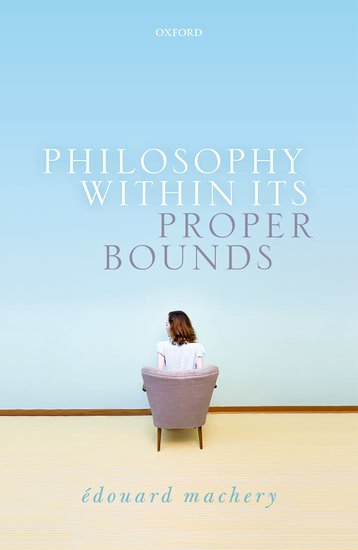Philosophy Within Its Proper Bounds: Modal Skepticism
In the previous post I presented the main arguments against the method of cases developed in Philosophy Within Its Proper Bounds. Various objections can be raised against this argument, some of which have already been put in print. Chapter 5 addresses 8 objections: I defend the experimental quality of the research …



